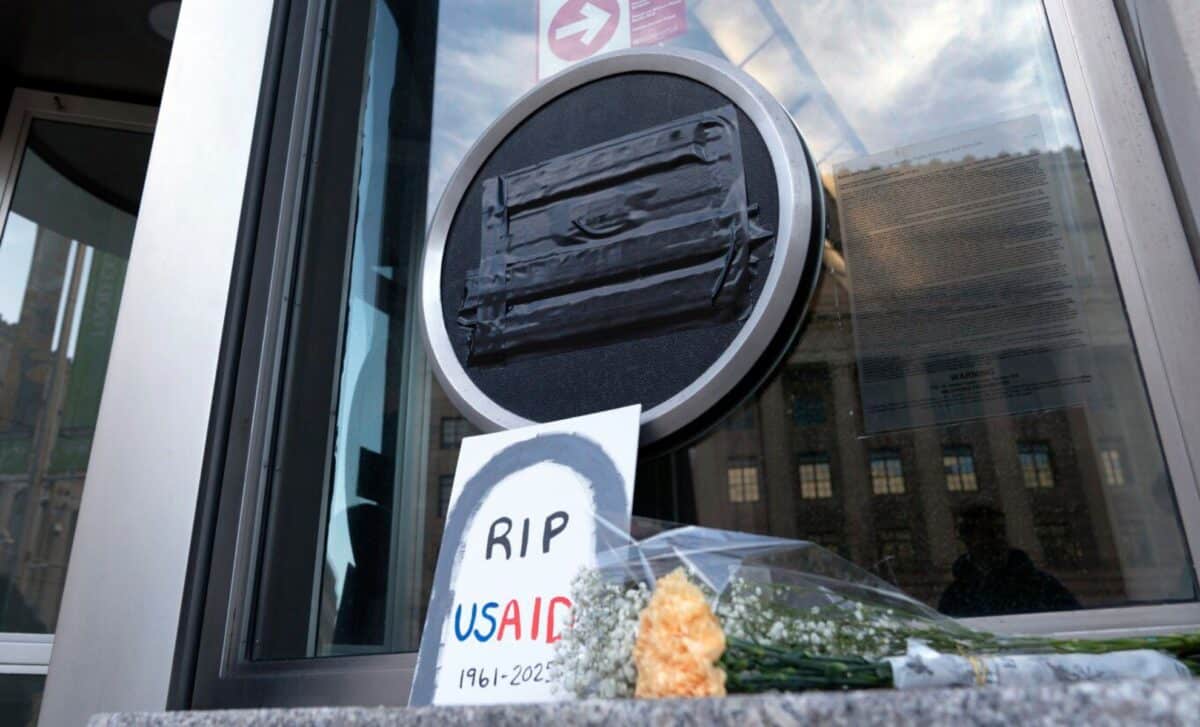A federal judge has ruled that the Trump administration must pay outstanding debts to a group of international aid organisations after a controversial freeze on foreign assistance. The decision mandates that payments be made to at least nine nonprofit groups by Monday at 6 p.m. Eastern Time.
A federal judge, Amir Ali, had previously ordered the release of up to $2 billion in pre-existing foreign aid funds that were allocated before the Trump administration took office.
The Supreme Court upheld his ruling but requested clarification on the government’s specific obligations to comply with the decision, according to NBC News.
USAID Funding Vfreeze and Legal Challenge
The dispute stems from an executive order signed by Donald Trump on 20 January, which froze all foreign assistance for 90 days. The decision was followed by a directive from Secretary of State Marco Rubio, who halted funding for U.S. Agency for International Development (USAID) programmes and other State Department-managed aid initiatives.
The abrupt policy shift triggered legal challenges from aid organisations that had been expecting contracted payments for ongoing humanitarian efforts. In response, nine international organisations took the matter to court, arguing that the freeze violated their contractual rights and jeopardised essential aid projects.
Judge Ali’s ruling now compels the administration to release payments to these groups, though the exact amount remains undetermined. He has asked the plaintiffs to provide additional information by noon Friday to help finalise the precise disbursement figures.
Government’s Response and Logistical Challenges
The U.S. Department of Justice has acknowledged the ruling but indicated that the payments might not be processed by Monday’s deadline due to logistical constraints. Government attorneys have cited bureaucratic obstacles and the impending weekend as potential delays.
“There are a number of logistical problems that have to be solved,” said Indraneel Sur, a Justice Department attorney.
The administration has committed to making all “legitimate payments” but has also defended its right to review and terminate contracts as part of a broader effort to reduce USAID spending.
Impact on International Aid and USAID Operations
USAID is a major pillar of U.S. foreign policy, providing billions in humanitarian assistance worldwide. The agency’s annual budget represents less than 1% of total federal spending, yet it supports projects in more than 130 countries.
In the 2023 fiscal year, USAID allocated over $40 billion to global aid efforts, with Ukraine, Ethiopia, Jordan, and Congo among the top recipients. However, the Trump administration has moved to drastically reduce foreign aid, proposing cuts that would eliminate over 90% of USAID contracts and slash $60 billion from global assistance programmes.
If implemented, these reductions would leave few surviving projects, raising concerns among aid advocates and foreign policy analysts.
Uncertainty Over Payment Timeline and Future Aid Policies
Despite the court order, uncertainty remains over whether the payments will be delivered on time. Legal representatives for the aid organisations have warned that USAID funding must be received by 14 March to avoid further disruptions. Meanwhile, the White House has not issued an official statement on the ruling.









